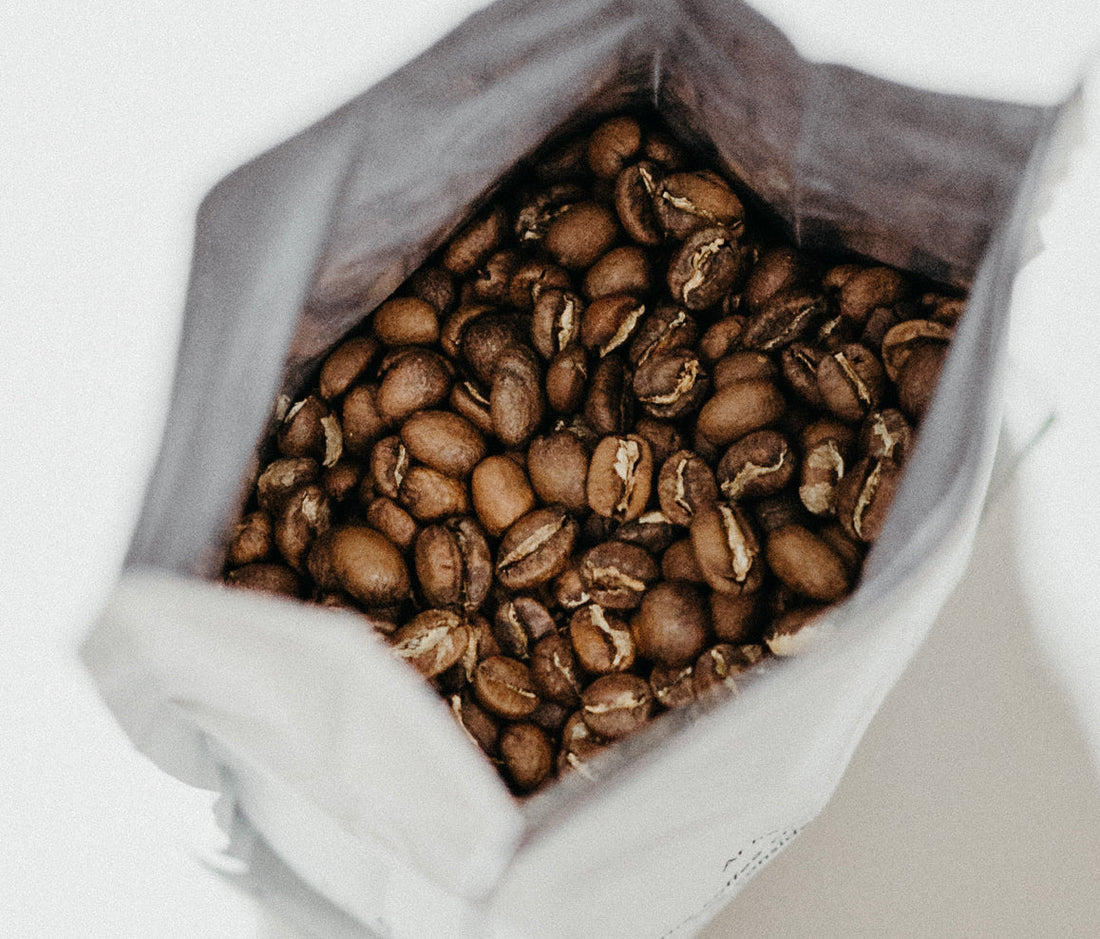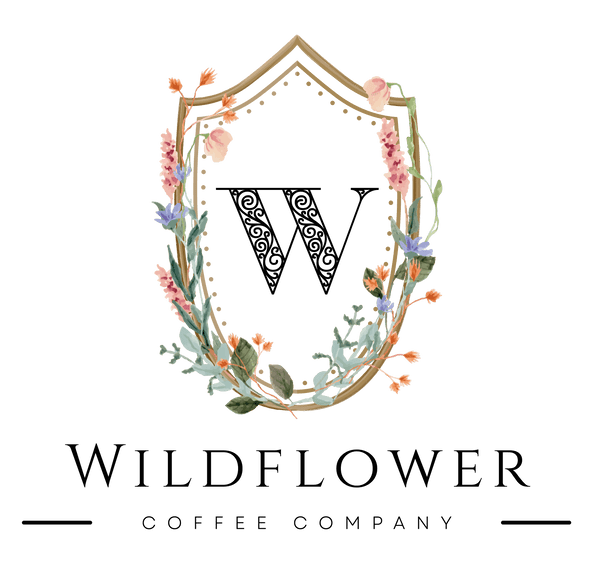
What Everyone Wonders About Coffee: Answers to the Top 15 Most-Googled Questions
Share
Coffee is more than a drink—it runs deep in culture, history, and daily rituals worldwide. Here’s a thoughtful guide answering the most common questions people actually search online, delivered clearly and warmly.
1. What is the difference between Arabica and Robusta?
Arabica and Robusta are the two dominant coffee species. Arabica is prized for its nuanced flavors and sweeter notes; it typically has less caffeine. Robusta is heartier, more bitter, higher in caffeine, and often used to boost crema in espresso blends or as a budget option.
2. What are the most popular brewing methods?
From your counter to café, the main brewing styles are:
-
Espresso (high-pressure, intense)
-
Drip or pour-over (steady extraction)
-
French press (full-bodied immersion)
-
Moka pot (strong stovetop coffee)
-
AeroPress (fast, clean pressurized brew)
3. How much coffee should an adult drink daily?
Caffeine sensitivity varies by person, but generally 200–400 mg daily—about 2 to 4 cups—is considered moderate and safe.
4. Why does coffee stay me awake?
That’s caffeine at work—blocking sleep-promoting receptors in the brain so you stay alert longer.
5. Does coffee help with weight loss?
Caffeine may slightly boost metabolism and suppress appetite. But it’s not a weight-loss solution by itself—diet and exercise matter more.
6. Why does coffee make people poop?
Caffeine stimulates digestion by speeding things through your system and increasing colon activity. It’s totally natural.
7. Is coffee healthier than tea?
Both offer antioxidants and health benefits. Coffee can be stronger, but “better” depends on your body’s tolerance and how you drink it.
8. Can you brew coffee without caffeine?
Yes—coffee substitutes include roasted barley, chicory, and dandelion root. There’s also emerging lab-grown bean alternatives, though not yet mainstream.
9. What’s third-wave coffee all about?
Third-wave coffee celebrates single-origin beans, quality farming, artisan roasting, and transparency—treating coffee more like fine wine than fast food.
10. What makes coffee "organic"?
Organic coffee avoids synthetic pesticides and fertilizers, is certified by bodies like USDA, and often supports soil health and fair farming.
11. Does coffee culture differ around the world?
Absolutely. Take Sweden’s “fika”, a designated coffee-and-conversation break that’s woven into daily life, even in workplaces.
12. What are the newest coffee trends?
Recent viral drinks:
-
Banana-flavored coffees like banana bread lattes and banana cold foam, surging in popularity online.
-
Tahini lattes (nutty, savory-sweet) are also trending.
-
Coffee buckets—giant iced coffees—are going viral on TikTok.
13. Why does brewed coffee taste ‘off’ when reheated?
Because flavor compounds degrade—air and heat break down essential oils, making reheated coffee taste flat and stale.
14. Which countries consume the most coffee?
Nordic nations lead per capita. For example, Swedes, Finns, and Norwegians drink more coffee per person than most. The U.S. is seeing a 20-year high in daily consumption, with drip coffee reigning but espresso-based drinks rising fast.
15. Is coffee vegan?
True coffee (just beans and water) is naturally vegan. What matters is add-ons—dairy milk, mug liners, and whipped cream may not be.
Why This Matters
These common questions show just how broad and evolving coffee knowledge has become. Coffee isn’t just functional—it’s an art, wellness ritual, and cultural connector. Whether you're curious about nutrition, brewing science, or global traditions, there’s always more to explore.
What Wildflower Coffee Company Brings to the Table
We honor coffee in all these forms:
-
We roast with transparency and aim for pristine quality.
-
We care about health—from choosing organic beans to ensuring top-tier farming ethics.
-
We provide the foundation for your personal pour-over moment.
Coffee isn’t just a product to us—it’s an ongoing conversation with you, grounded in authenticity and care.
